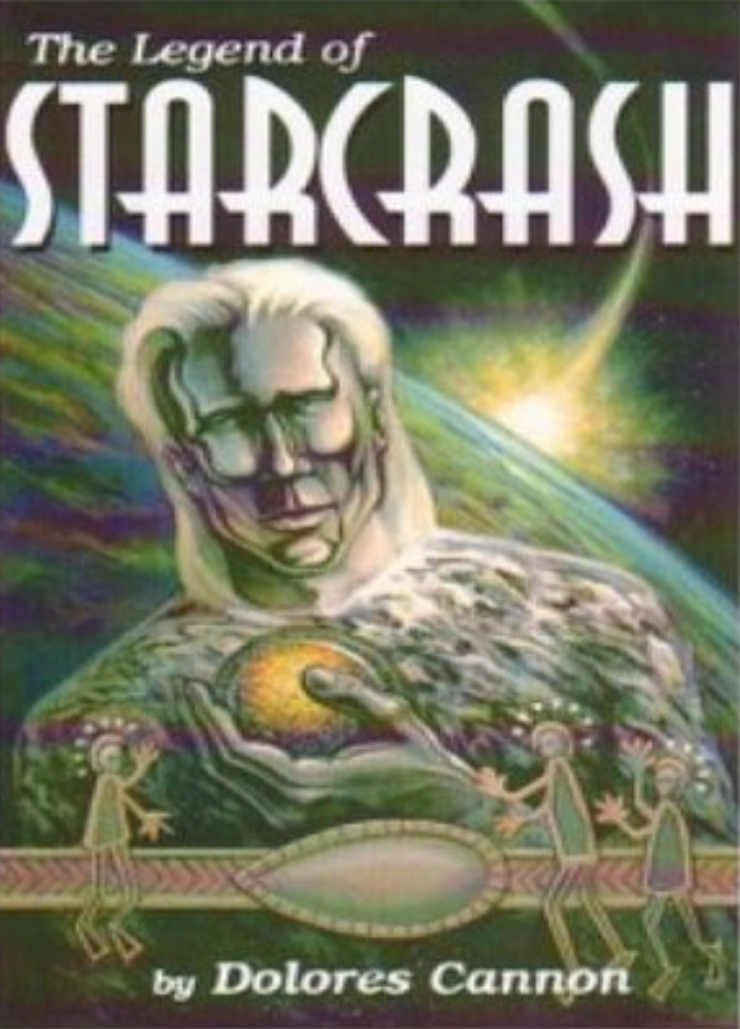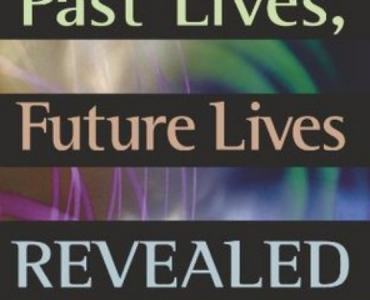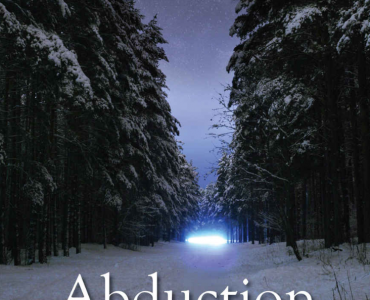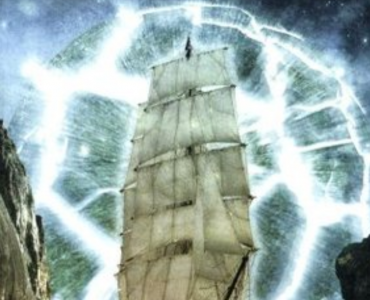Read this book if you
- Want to learn of fascinating revelations if the events occurred per the regression
- Are open to alternative view of history that is exciting to think about
- Are interested in some details provided that may allow for verification
Avoid this book if you
- Have serious doubts about the validity or credibility of hypnosis
- Want closure or are frustrated with the lack of verifiable details
I’m not sure what to think about Dolores Cannon and other people who claimed to have worked with past lives or reincarnation. Another person whose works come to mind is Edgar Cayce.
I’ve read a lot of other works by Dolores Cannon and Edgar Cayce. Some of these reviews can be found on this site.
Approach the book with an open mind and a willingness to believe. If you can set aside your preconceived ideas about the world for the duration of this book, I think you’ll be in for a ride.
The Legend of Starcrash Review
The biggest hurdle you’ll have to overcome is your own programming. Whether that programming is religious or academic in nature, you’ll have to set those aside. If you go into this book with a closed mind or a set of rigid preconceptions, then the book and its claims will be outrageous to you.
I started the book with the expectation that at the very least, I’d enjoy the story as a work of fiction. In that regard, the potential for the story to be real is fascinating. I kept wondering, “What if…” as I read through Tuin’s responses to Cannon’s questions.
The writing is organized into questions and answers, with some narration to clarify details. Cannon acts as the questioner, and the subject’s subconscious or past life persona supplies the answers.
The premise is that Dolores Cannon is able to use hypnosis to regress a person to a previous life. In many cases, she claims, the regression leads to mundane lives. But in some rare cases, she discovers someone unique.
Such is the case with Cannon’s patient and her past life persona Tuin.
Tuin is one member of a village of people who are descendants of star traveling aliens who crashed onto the planet ages ago. We learn some more information about these aliens throughout the book, but Tuin himself has very few answers except those which were passed down to him through legends and storytelling.
Tuin’s generation has very little left of these aliens, who are referred to as the Old Ones. Even in Tuin’s time, most of the knowledge about these Old Ones are lost, and very little is left of their technology.
One piece of information that may be verifiable is the use of genetic engineering on the local flora and fauna. If the story is true, then there must be some evidence of genetic anomalies in the modified species.
Tuin and his people have some abilities that coincidentally align with myths and abilities ancient cultures spoke about. For instance, they have the ability to listen to the wind and nature or they can see and communicate with their third eye. I think the spiritual and historical claims make the ideas more difficult to accept.
My biggest criticism is that Cannon doesn’t ask for information that would pinpoint the location of Tuin. Toward the end of the book, we get some information about his village located on what is today the Canadian/Alaskan border, but that’s such a large area.
We learn a few other details like the number of hours of daylight they have during the summer. That may give us a bit more information to pinpoint how far north he’s located.
We don’t get any idea of how long ago Tuin was alive. Nor do we get an idea of how long ago the Old Ones crashed on the planet. There’s some suggestion that Tuin was alive at the time of the end of the last ice age, but even that’s a pretty broad period.
There’s so much that we don’t know. Maybe some of it can be attributed to Tuin’s lack of knowledge. But Cannon could have asked the subconscious for more answers.
Stating that people are not ready for the response or that an answer can’t be given at this time is beyond frustrating. In fact, the subject’s inability to provide an answer does more harm than good. How can people learn only about the partial details of this supposed true history? Just one piece of verifiable evidence would go a long way toward making the entirety of Cannon’s bibliography that much more credible.
We often think of subjects under hypnosis as being highly suggestible. Having not done any research into the practice, I’m not sure what to believe. If telepathy is a real phenomenon, then perhaps Cannon may be unknowingly broadcasting her own subconscious desires.
True or not, the book presents a fascinating look into human history. On its own, Tuin’s story makes for an interesting work of fiction. His statements raise numerous questions about the origins of man and man’s potential ability. If even a few of his statements are true, then those revelations show us just how little we know about our world and the universe.
Read reviews on other books by Dolores Cannon.



